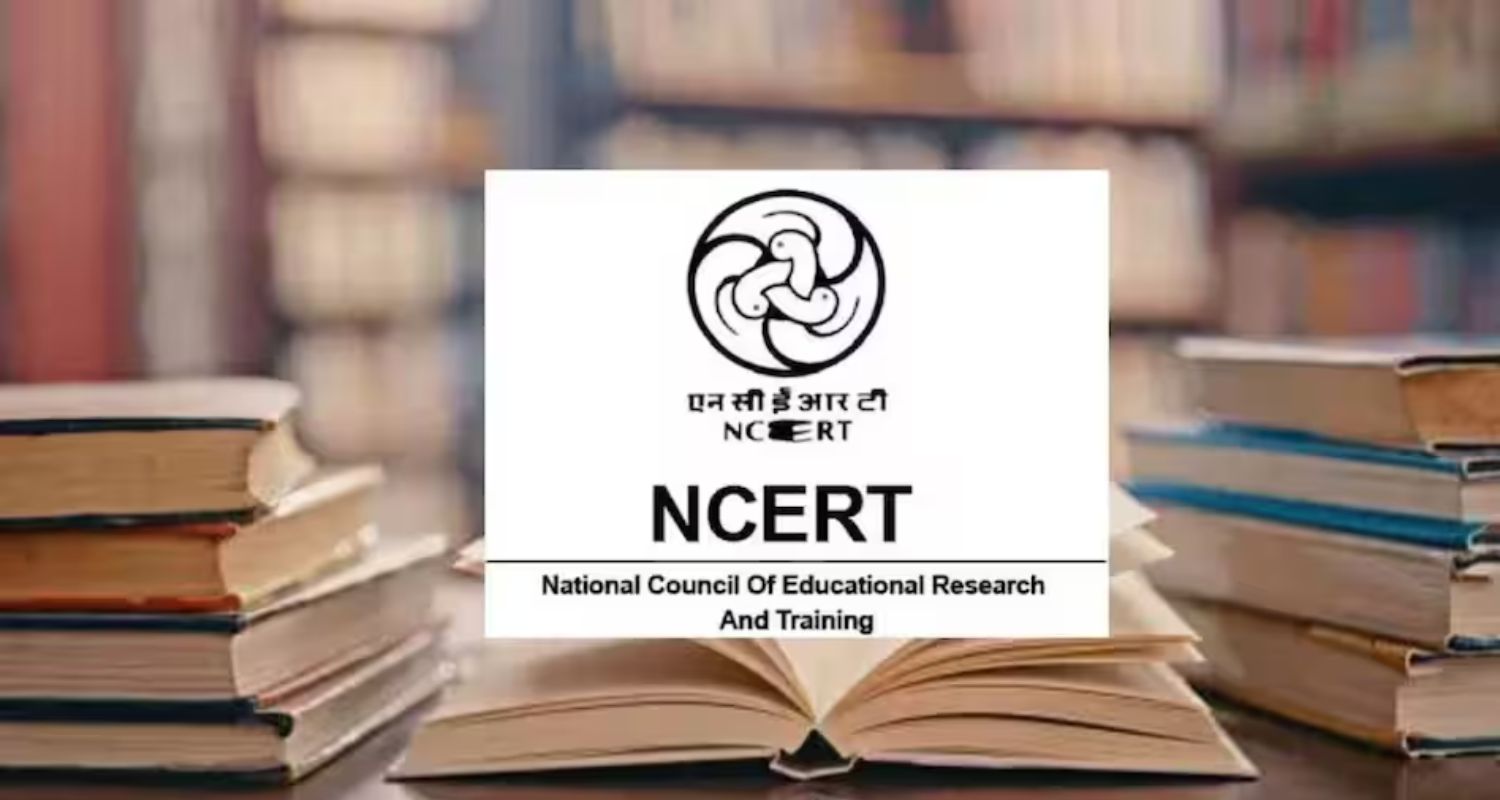In the fiscal year 2024–2025, sales of NCERT textbooks increased by a noteworthy 127 per cent to ₹526 crore, up from ₹232 crore the year before. Sources claim that the dramatic rise is the consequence of several calculated actions, such as the introduction of updated textbooks and a vigorous campaign against piracy.
Officials credited a number of factors for the increase, including increased access through well-known e-commerce sites like Amazon and Flipkart, enforcement action against networks of counterfeit textbooks, and improvements in textbook quality. The National Council of Educational Research and Training (NCERT) raided 29 locations nationwide during the previous 12 months. These operations targeted both manufacturers and sellers of pirated textbooks and illegal watermarked paper. As a result, stock and machinery valued at over ₹20 crore were seized, sources said.

"Sales of NCERT textbooks touched ₹526 crore in 2024–25, compared to ₹232 crore in 2023–24," a source confirmed. "This growth is attributed to a combination of factors—effective action against piracy, a significant push in online sales, and the introduction of newly revised textbooks aligned with the latest curriculum revamp."
NCERT also introduced several cost-saving and quality-enhancing initiatives during the year. By saving ₹155 crore on paper procurement, the Council was able to lower textbook prices by 20 per cent. To guarantee improved visual and structural appeal of the textbooks, the paper quality was also improved, moving to a minimum brightness level of 85 per cent in 2024–2025 from 82 per cent previously, and modern printing systems were implemented.
Also Read: U'khand: Illegal madrasa students to shift to board-run ones
Online sales played a major role in the distribution effort. Over 30 lakh copies of NCERT textbooks were sold on Amazon and Flipkart over the last eight months, all at maximum retail price (MRP), indicating strong demand across the country. In its efforts to further curb piracy, NCERT piloted a technology-based solution developed and patented by IIT Kanpur. The system was tested on one million copies of a Grade 6 textbook and, according to sources, delivered promising results. There are plans to use this technology in more publications.
Additionally, officials attributed the increase in sales to the introduction of new textbooks under the revised National Curriculum Framework (NCF), which was implemented as part of the National Education Policy (NEP) 2020. Beginning with the current school year, these new textbooks were distributed to all classes.
Also Read: NCERT textbook revision sparks row among religious leaders



